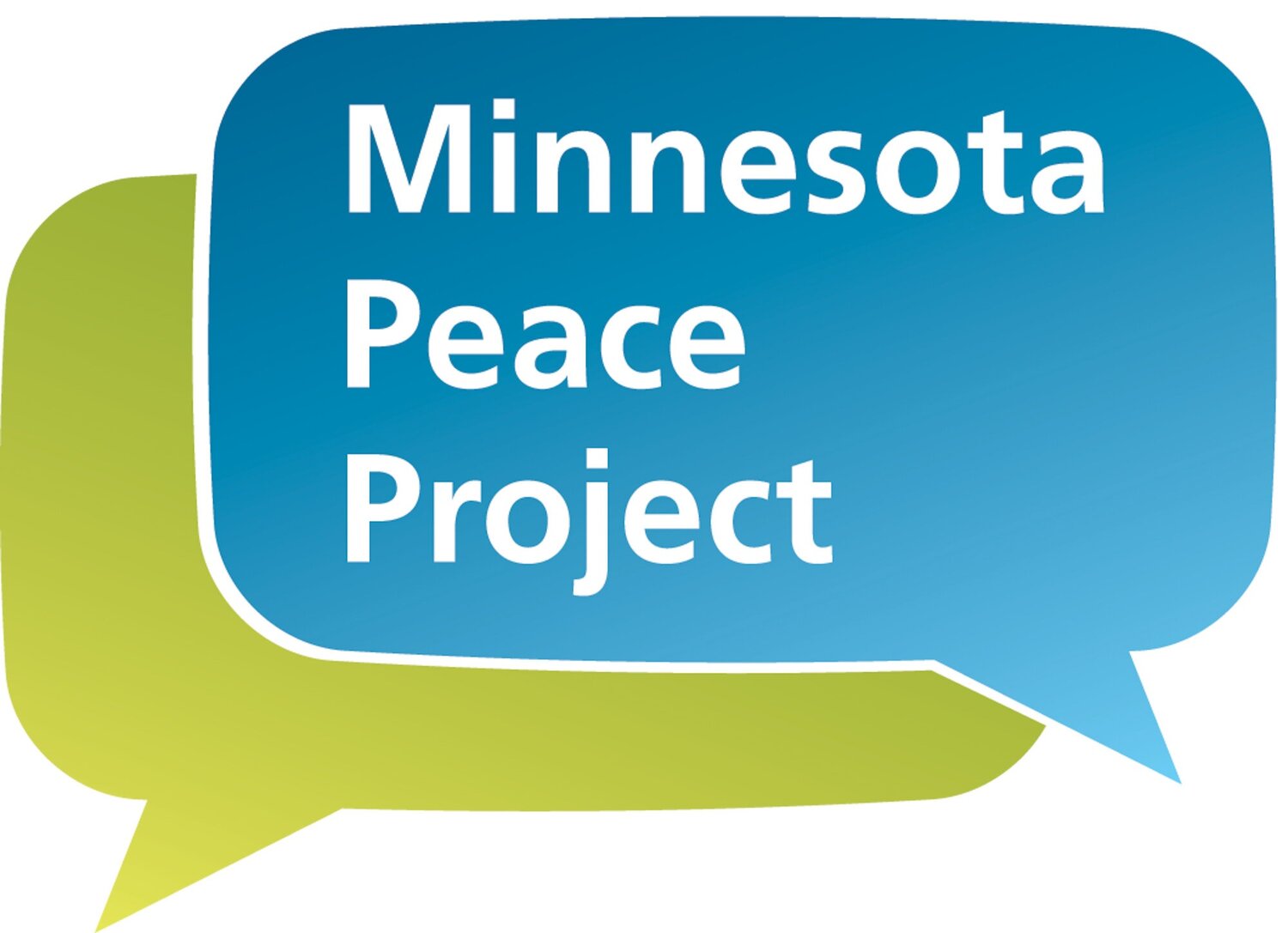About MPP
Who we are
The Minnesota Peace Project, founded in 2009, is an independent non-profit and non-partisan organization that strives to build a more peaceful world by working with our members of Congress to reject militarism as a means to resolve differences.
We support continuous efforts of diplomacy and developmental aid to build and maintain mutually beneficial relations with all nations.
The Minnesota Peace Project is comprised of ten teams of volunteer constituents that work with each of Minnesota’s ten members of Congress and their Foreign Policy Aides. Our members are skilled in the use of respectful dialog and differentiating facts from opinion. We believe that militarism and armed intervention will never bring the peace and security we all seek.
Our Guiding Principles
Use dialog to build mutual understanding
Build long-term relationships with Congress members and staffs
Become a trusted source of valid information
Differentiate information from opinion
Strictly non-partisan
Collaborate with other peace groups
Our Board of Directors
Cathy Murphy
President
April Knutson
Secretary
Teferi Fufa
Vice President
Dolores Voorhees
Treasurer
Bill Habendank
Carol Johnson
David Thompson
Recent Accomplishments
Active teams working with our Members of Congress, holding meetings and communications with them and/or their staffs.
Team coordinator meetings on a regular basis, accessible to all via Zoom.
Developed post-pandemic statewide focus, along with clear plans for outreach.
Financial stability via regular fundraising appeals.
Sophisticated research services provided by an accomplished member.
Elevated awareness of U.S. complicity in the Saudi Arabian/UAE war on Yemen, and supported Congressional attempts to end our support.
Congresswoman Ilhan Omar responded to our request to sign the ICAN Pledge on April 30, 2021. Betty McCollum has also signed the ICAN Pledge.
Continued to advocate for a reduction in our nuclear arsenal and a commitment to No First Use.
Crafted a list of specific DOD expenditures that should be re-allocated to address our real security threats (climate change, pandemic preparedness and cybercrime.)







